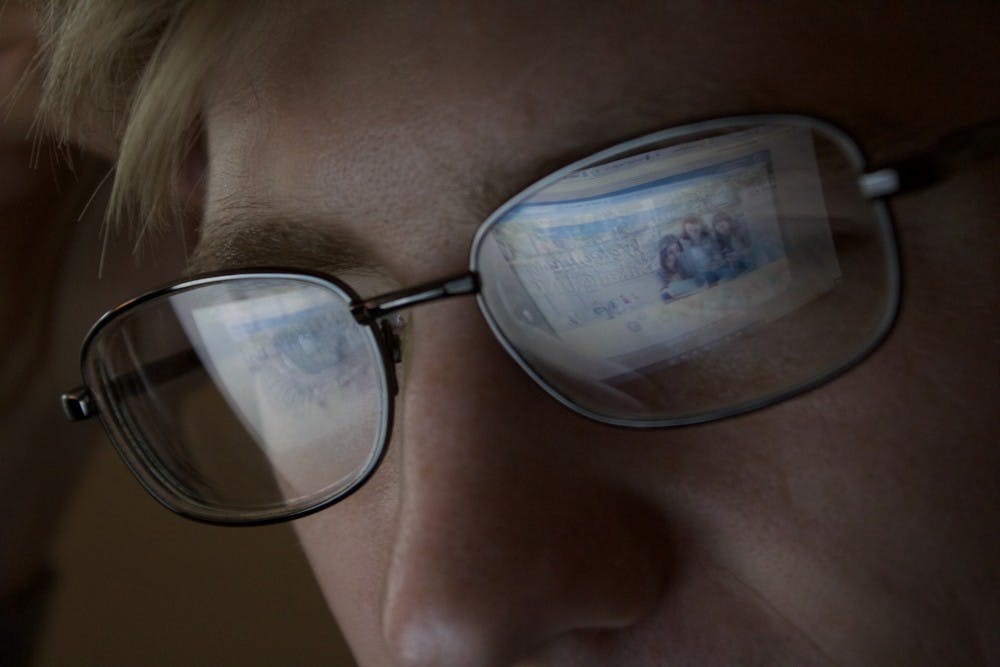I lost my phone during Labor Day weekend and have yet to receive a new one. During this period of sudden disconnection from the digital world of friendship and entertainment, I'm planning to connect with the environment around UNC. Without earbuds in, I can listen to the sounds of Franklin Street, the birds singing to one another in the thick, green trees erupting from the soil.
Without my screen to gaze at, I can see the bright minds walking beside me, the crimson brick beneath my toes, the enormity of Wilson Library and, most importantly, that little red hand at the cross walk.
However, while I try to enjoy some time without my little handheld partner, I’m forced to worry about whether or not I’ll be signed out of my email for the next week and plagued by my inability to access any UNC service associated with Duo.
Here at UNC, we have grown accustomed to the multi-factor authentication known as the “two-step” identification process. The two-step process first requires an individual to press a combination of keys into a laptop’s key board, or on a touch screen, to unlock the first of two locks proving identity to the system to which one is trying to gain access (i.e. Outlook, ConnectCarolina financial statements, UNC VPN, etc.). In order to unlock the second lock, the system mandates an individual have a cellular device on their person to access any of these applications at any given time.
While phones, tablets and laptops are obviously very useful, the corporations and the psychologists, whom these corporations hire to develop these devices and applications, aim to make them the most important thing in our universes. UNC, and most other colleges, are perpetuating this idea. Now, instead of merely making the colors, the sounds and apps associated with the devices addicting and attention-demanding, colleges and technological systems require us to associate these devices with our own identities.
The concept of encapsulating identity within a person’s phone is particularly dangerous. It is easy to imagine a dystopia in which children are given, instead of names, devices that will identify them for the rest of their lives, virtually and in reality.
Maybe, instead of a “two-step” method that is completely reliant on cellular devices, we could invoke an authentication process for University services with our OneCards or simply by answering security questions, like many online banking services do.
While the current system may cost UNC little, given that we have already bought the phones, philosophically and psychologically, these standards are costing us much more today and in the future.



